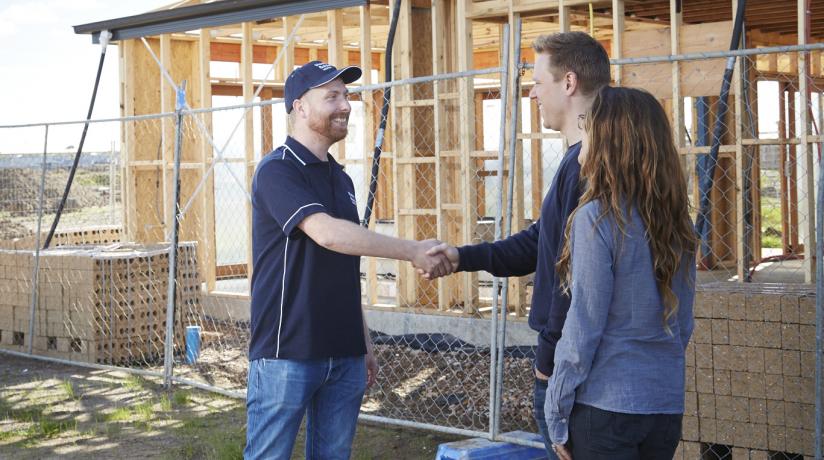“After a decade of lobbying governments on behalf of our members for the introduction of mandatory trades registration in Victoria, Master Builders Victoria is cautiously optimistic about the new Building Amendment (Registration of Building Trades and Other Matters) Bill 2018 introduced into Parliament on Friday 27 July,” Melanie Fasham, President of Master Builders Victoria, said.
“The devil will be in the detail of the Bill, which is not yet available,” Ms Fasham said. “Any legislation depends on the way the government plans to structure it, but we have been absolutely clear about the needs of Victoria’s builders for a decade.”
Ms Fasham notes that a system of registration exists in Victoria, but needs developing and improving.
“Whilst there is a trades registration system currently in place in Victoria, the issue is that is it not mandatory if the subcontractor is working for a registered builder,” she said.
“Master Builders Victoria has been lobbying for a model of subcontractor registration based on the existing domestic trades registration categories that already exist and are administered by the Victorian Building Authority. Master Builders considers that basing a system of mandatory registration on existing categories – and focusing initially on certain categories like carpentry, bricklaying, waterproofing and concreting – ensures that the system would be more manageable and practical.”
“Only 2000 trades people are registered in Victoria, compared to 40,000 in NSW and 46,000 in Queensland.It is alarming that Victoria is so far behind. This means that a lot of the building work in Victoria is being done by people who don’t have the training or the skills to do the job and cannot be held accountable for the shortcomings of their work.”
“There are some common problems being seen across the industry – from the insurance claims through to disputes about issues like waterproofing, concreting, carpentry and brickwork which have effects on structure. So to protect consumers from poor quality work and to ensure that builders can hire appropriately qualified and skilled trades people – we think that a system where the skills and knowledge of trades people are tested is important,” Ms Fasham said.
“The introduction of the Bill last Friday, with the Second Reading slated for the 7 August, represents a good first step towards a much needed reform in our industry. Master Builders will be lobbying for the system we have advocated for throughout the legislative process. We want to make sure the government does not drop the ball at this point in time and sees through the best possible legislation for Victoria’s builders.”
“Master Builders Victoria calls upon the progression of the Bill through Parliament so that we can move one step closer to the introduction of this important reform in Victoria’s building and construction industry,” Ms Fasham said.
It is understood that the Bill also contains amendments to the Building Act and other legislation in relation to various matters, including the requirements for mandatory pool and spa register and various proposals to deal with non-compliant cladding, including the ability for the Minister to ban the use of certain cladding products for certain uses. Minister Wynne also announced amendments to the Local Government Act to create Cladding Rectification Agreements (CRA) which will be similar to existing Environmental Upgrade Agreements. This will enable owners to upgrade their homes and pay it off via their council rates over a minimum of 10 years (with costs transferred with the property if sold) – using a CRA between owners (or owners corporations), lenders and local councils.
“Master Builders welcomes the initiative which would potentially allow the cladding rectification works to be funded, but awaits the detail about the incentives that will be provided by Government to ensure that lenders are willing to take up the opportunity to provide long-term, low-interest loans, “ Ms Fasham said.
Master Builders will continue to update members as the Bill and consultation processes proceed.






